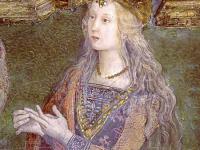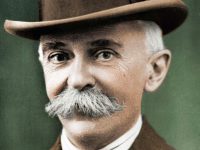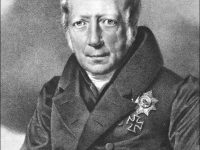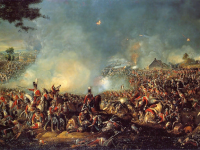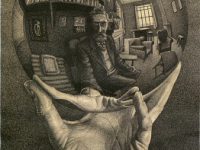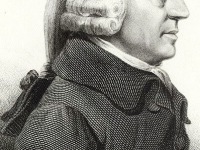Elena Cornaro Piscopia – About the Difficulties to Receive a PhD in a Male Dominated Academia
On June 25, 1678, Venetian philosopher of noble descent Elena Cornaro Piscopia, was the first woman to receive a Doctor of Philosophy degree. An extraordinary Child Elena Cornaro Piscopia was the fifth of seven children of the procurator of San Marco (Sestiere di Venezia), Gianbattista Corner, and his later wife Zanetta Boni. Her intellectual ability was noticed early, wherefore the local priest encouraged her family to enable Piscopia a formal education. She was then…
Read more












